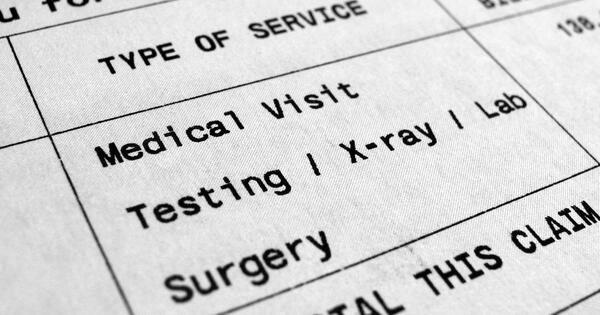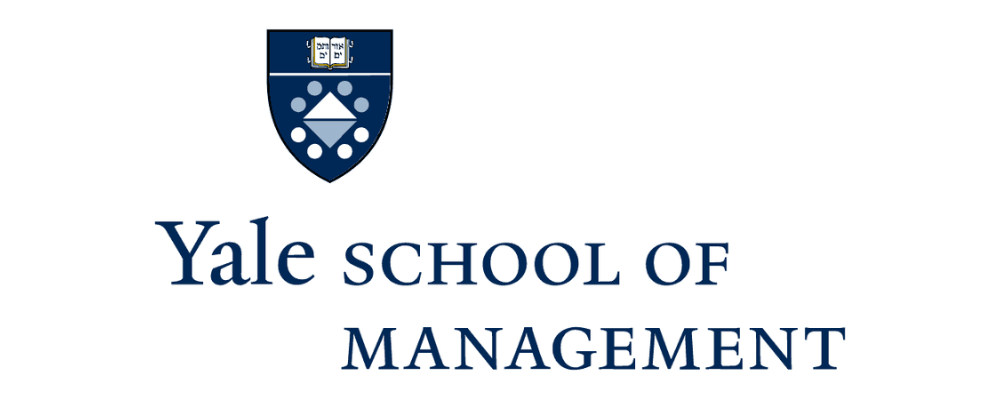
This commentary was adapted from episode 155 of the Health & Veritas podcast. Subscribe for weekly doses of expert insight on health and the healthcare industry.
It’s our last episode of the calendar year and in the spirit of the season, I thought I would share some positive news. In our Thanksgiving episode, I offered thanks for some of the many successes of the past year, and there are many more we could talk about. But rather than look back, I thought we could look forward, to something that Ned Lamont ’80, governor of Connecticut, has initiated with the support of the legislature. On December 23, qualifying individuals in the state of Connecticut will receive word that their medical debt has been cancelled or erased.
Nationally, $220 billion of medical debt is currently outstanding, affecting approximately 100 million adults. That means that the mean debt is about $2,200 (but there is enormous variation). And $2,200 is life-altering debt if you are lower income. Until very recently, this might have prevented you from getting a mortgage, a car loan, or a credit card. Individuals are known to avoid getting necessary care if they carry or might acquire medical debt; they are more likely to have depression or clinically significant anxiety if they have medical debt.
As we have discussed on many occasions, there is considerable financial threat to individuals from our healthcare system; this falls disproportionately on the poor and near-poor, and due to disparate endowments, disproportionately on Hispanic and Black individuals.
Our governor first proposed this two years ago, and the legislature passed it into law in May. We now have a mechanism to buy back debt from those who are least likely able to afford it, and are most harmed by it: those with incomes below 400% of the federal poverty level and those who have more than 5% of income represented by medical debt.
The first group will receive letters on December 23 absolving them of $30 million of debt at a cost to the Connecticut taxpayers of a mere $100,000. The state did this by partnering with a nonprofit called Undue Medical Debt, which buys back medical debt at a deep discount. This organization has already bought back nearly $15 billion at a net cost of roughly $150 million, most of it raised by donations.
Connecticut’s partnership aims to alleviate $650 million dollars in medical debt at a cost to the treasury of roughly $6.5 million.
This is a policy proposal with huge bang for the buck, targeted at lower-income individuals, with huge human impact. It may not be a Christmas, Hanukkah, Kwanzaa, or Festivus miracle, but for these individuals, it may well feel that way. It doesn’t solve the problem of our high-cost system, but it does nibble away at the financial harm.
“The Yale School of Management is the graduate business school of Yale University, a private research university in New Haven, Connecticut.”
Please visit the firm link to site




